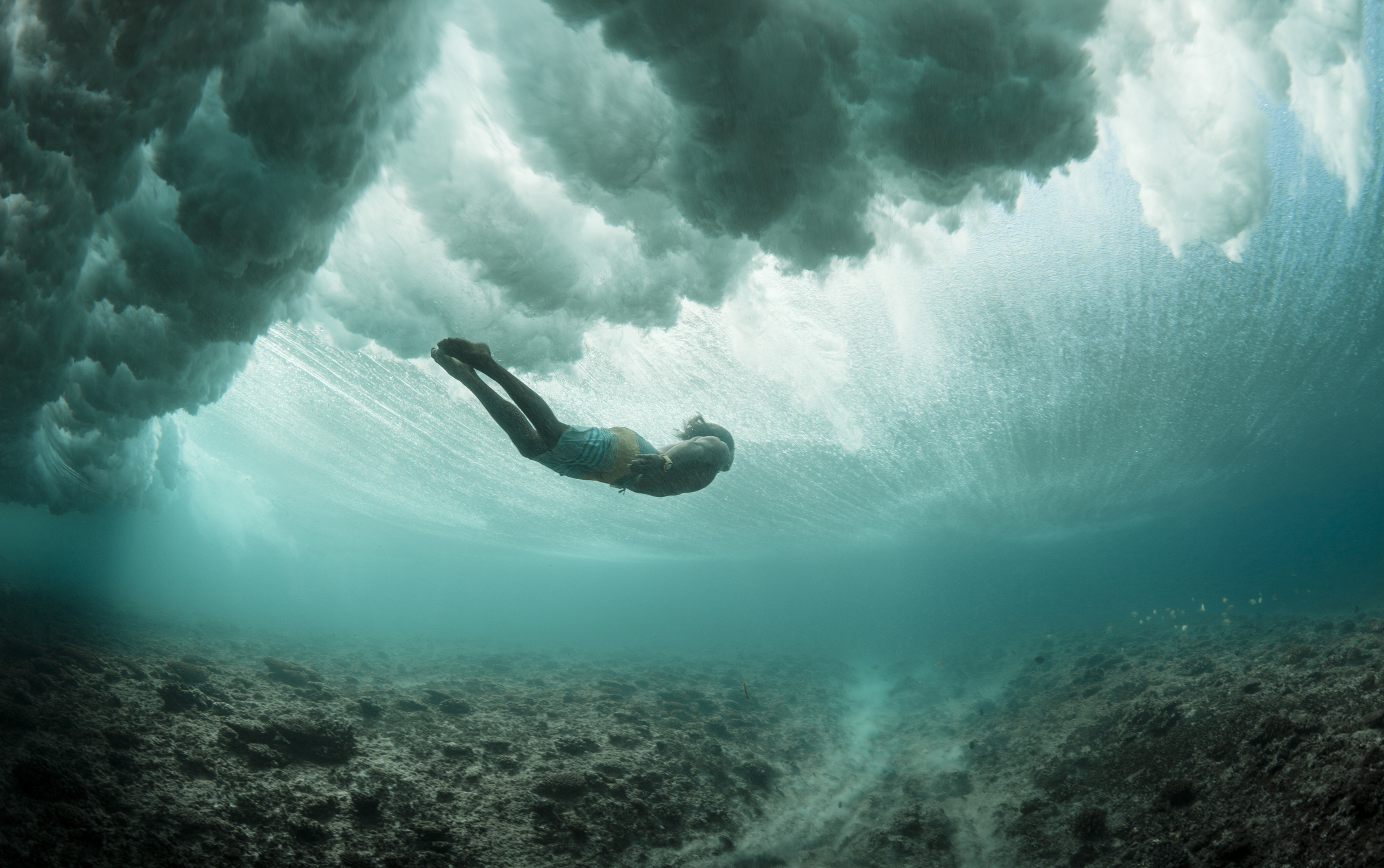
Oceans at great risk due to climate change:UN scientists
Revelations from the United Nations report have warned of major impact on the seas and frozen regions as never witnessed in the past.

The UN panel of scientists, say waters is rising, the ice is melting, and species are moving habitat due to increased and disruptive human activities in the water bodies.
Of greater significance is that the loss of permanently frozen lands is threatening to unleash even more carbon, hastening the decline.
The UN experts however say that there is a ray of hope, should there be an immediate cut to the carbon emissions.
It is the third special report series to be produced by the Intergovernmental Panel on Climate Change (IPCC) over the past 12 months.
The scientists previously looked at how the world would manage if temperatures rose by 1.5C by the end of this century. They also reported on how the lands of the Earth would be affected by climate change.
The new research looked at the impact of rising temperatures on our oceans and frozen regions which is painting an even grimmer picture.
The real picture

That the waters are getting warmer, the world’s ice is melting rapidly, with devastating consequences on almost every living creature on earth.
“The blue planet is in serious danger right now, suffering many insults from many different directions and it’s our fault,” said Dr Jean-Pierre Gattuso, a co-ordinating lead author of the report.
The scientists are “virtually certain” that the global ocean has now warmed without pause since 1970.
Facts and figures revealed that the waters have soaked up more than 90% of the extra heat generated by humans over the past decades, and the rate at which it has taken up this heat has doubled since 1993.
Some of the Cities in Africa which are likely to suffer sea level rise include Dakar in Senegal, Luanda in Angola, Tanzania’s Dar es Salaam, America’s New York City as well as London in the UK.
The way forward
The report says that humans have a role to play in restoring what has been destroyed in the oceans.
 The formula is well worn at this stage – deep, rapid cuts in carbon emissions in line with the IPCC report last year that required 45% reductions by 2030.
The formula is well worn at this stage – deep, rapid cuts in carbon emissions in line with the IPCC report last year that required 45% reductions by 2030.
“If we reduce emissions sharply, consequences for people and their livelihoods will still be challenging, but potentially more manageable for those who are most vulnerable,” said Hoesung Lee, chair of the IPCC.
The scientists say that the public must continue to exert pressure on the policy makers and politicians to come up with strategies to deal with the challenges.

“After the demonstrations of young people last week, I think they are the best chance for us,,” said Dr Jean-Pierre Gattuso.
“They are dynamic, they are active I am hopeful they will continue their actions and they will make society change.”
The report was tabled during the UN Climate Change Summit in New York USA.
(Additional reporting from BBC)






